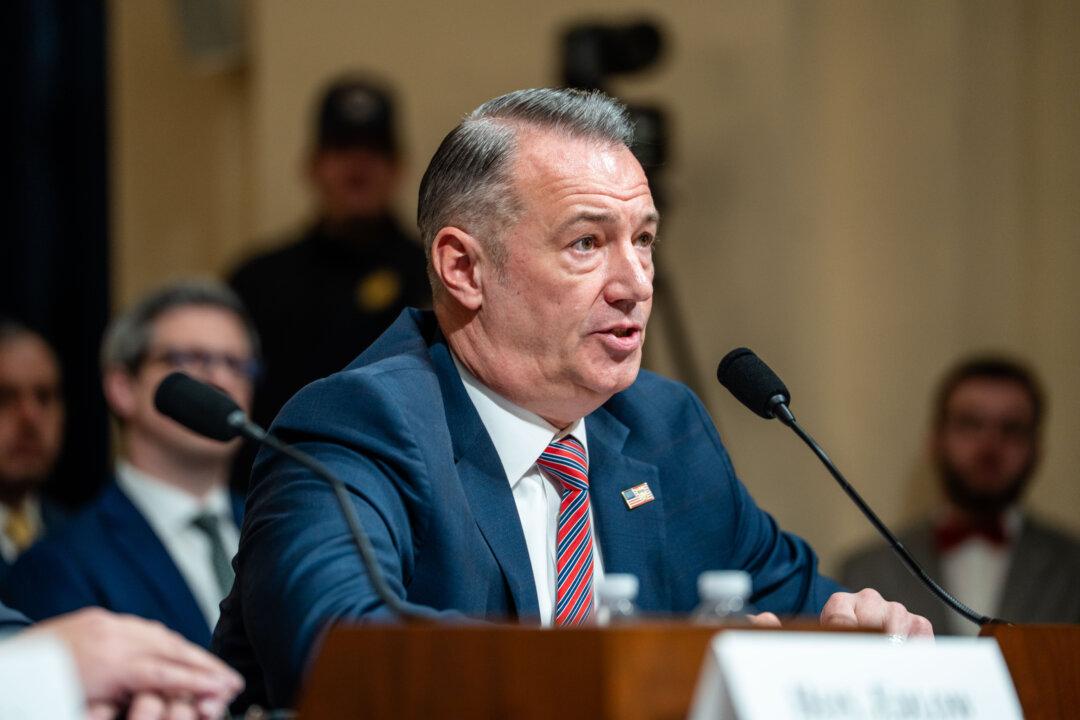Californians might have to choose between higher gas prices or scaling back the state’s climate agenda, state regulators told legislators at a recent special state Senate hearing on a proposed oil industry windfall profits penalty.
Gov. Gavin Newsom called the special session of the Legislature last December to consider imposing penalties on oil companies to restrict them from making excessive profits in the state.





